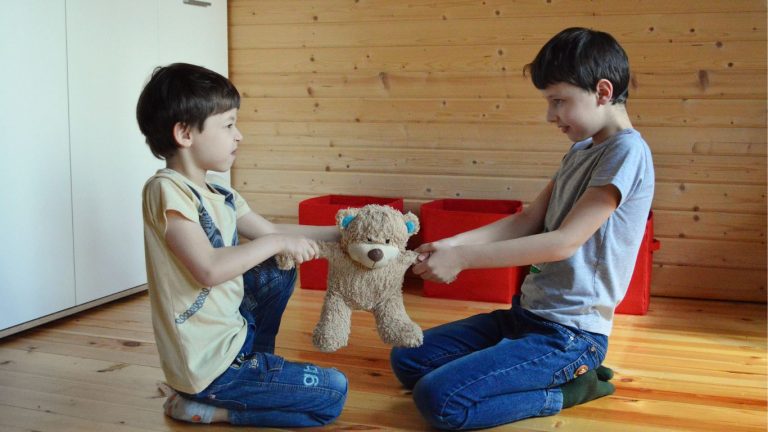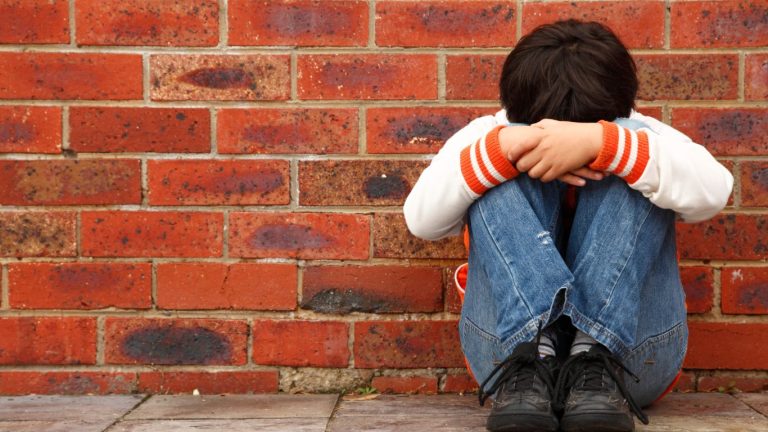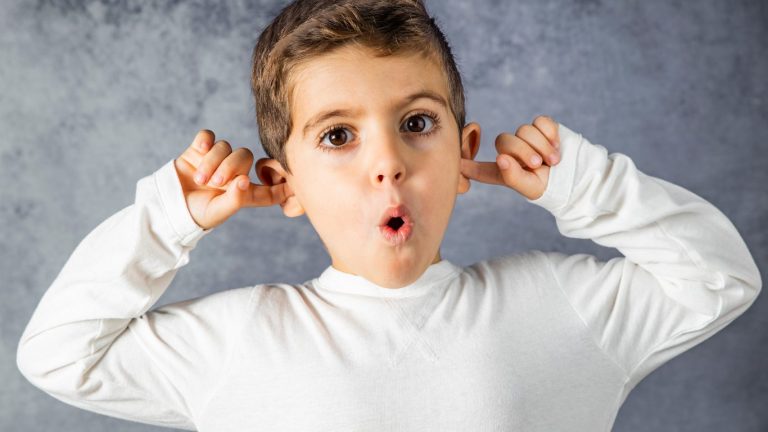Kids content on our television is in a precarious position. We just have to look at the demise of John Campbell’s programme on TV3 to see how stories about ourselves and our country are valued by commercial broadcasters. Children’s content on our television is just as much at risk – there is no quota saying that broadcasters must have a children’s local content offering and no commercial imperative to ensure it has a place.
NZ On Air’s recently released discussion paper on Children’s Content Funding is a long awaited look at children’s content on our screens, and the why, how and what of local content. It is a document that will help to shape what local content our kids get to see on screen and where they can find that content. While we often have the discussion about ‘switching off’ the television and mobile devices, this is about what our kids see when they do switch on and ensuring that they can see themselves, their place and their stories.
It is a step forward to see children’s rights to diverse and meaningful media central in NZ On Air’s discussion paper. Children’s rights (as documented by UNCROC – The UN Convention to the Rights of the Child) are something that we tend to roll our eyes at in New Zealand – surely the current generation has rights and also privileges in abundance? Likewise with media – we tend to view it as a necessary evil, junk food, baby-sitting material, potentially raising violent offenders and to be switched off whenever possible. However, there is a world of enriching and engaging media our children could have access to that other countries believe is a necessary part of raising informed and identity-rich citizens.
For years now, children’s content in New Zealand has been trapped in a commercial, low risk, narrow delivery system. Only the tried and true, albeit much loved shows, survive. Drama and genres such as science, news and documentaries made specifically for a kids’ audience are few and far between. When niche programmes do get funded, such as Let’s Get Inventin or the teen drama Girl vs Boy, they are internationally recognised – showing that we do have the skills and the talent in our production community to deliver world-class inspiring programmes.
The reality is that the funding levels for children’s content delivers only about one core show to each age group – meaning that the varied interests of children, as shown by the recent Children’s Media Use Survey 2015 are not catered to. There is approximately $15million in the budget to spend on what kids get to see via NZ On Air. Preschool, early primary 5–7yrs, 8–10 years, 10–12 years and 12–15 year old age groups are all funded from the same pot. Girls, boys, sporty kids, geeky kids, kids from blended families, same sex parent families, diverse cultures, kids with disabilities must all be served. Adults in comparison can double-dip – they see New Zealand documentaries, drama and news as well as being able to search on ever-evolving platforms for their niche viewing.
The Children’s Content discussion paper is an opportunity to rethink how we deliver local content to give children the most choice and enriching content for the pot of money available. Online offers an opportunity to have local content that has a long shelf life, where children can dip into it again and again at their leisure. They can interact – shape a story, add value to it, use it in new and imaginative ways through games or apps. It can be long or short form – there are no artificial television timeslots to adhere to. Content doesn’t have to be just short form You-Tube style clips either. ABC in Australia found that more kids are watching content on mobile devices, but they are still watching long form dramas such as Dance Academy. Online, our local content can also reach an international audience – New Zealand local content seen in the context of the world can only be exciting for young kiwis exploring media online.
While they are often described as “digital natives” it is also clear that we can’t just put content up on line and hope that kids will find the great New Zealand content that they have a right to see. They have to know it’s there and find it. It has to also be inspiring, interactive and no doubt funny, authentic and relevant to grab them in a crowded media ecosystem.
What is missing from the picture here in New Zealand is a home for kids content. We do not have a tradition of PBS Kids, the BBC, ABC, Argentina’s PakaPaka – or the Nordic channels. We have kids content on two commercial networks, Maori Television and behind a paywall. Arguably we should move on from such broadcast models and create an online home that brings together New Zealand children’s content in a curated and accessible place for parents and children to find it. NZ On Air has one part of the picture – the funds for making the content – we need the funds for delivering it on a platform that we can proudly say is Kiwi.
We have to believe first that quality and diverse local media for children is important. The NZ Children’s Screen Trust (Kidsonscreen) has produced a Declaration of Children’s Media Rights based on overseas models that is a possible framework for any new policy for children going forward. Then we need a solution that will deliver this to kids outside of a commercial framework. There is an opportunity to create a brand or home online that kids and parents will love that has local, curated content that also digs a little deeper in purpose. If we had such a home for content, would the kids come? Niche content can flourish online. Children’s local content could be a niche brand that becomes trusted and loved. Our kids not only need it, they have a right to it. Funding it is now the challenge.
For more information on Kidsonscreen and to support the Media Rights Declaration please go to our website. We will upload our submission on the Children’s Content paper on this site so do keep in touch, submissions are due by 17th July.
Janette Howe is a creative producer specialising in children’s media. She is the Chair of Kidsosncreen, a registered charity and also the founder of Pipikids – a new film and media festival for children.






